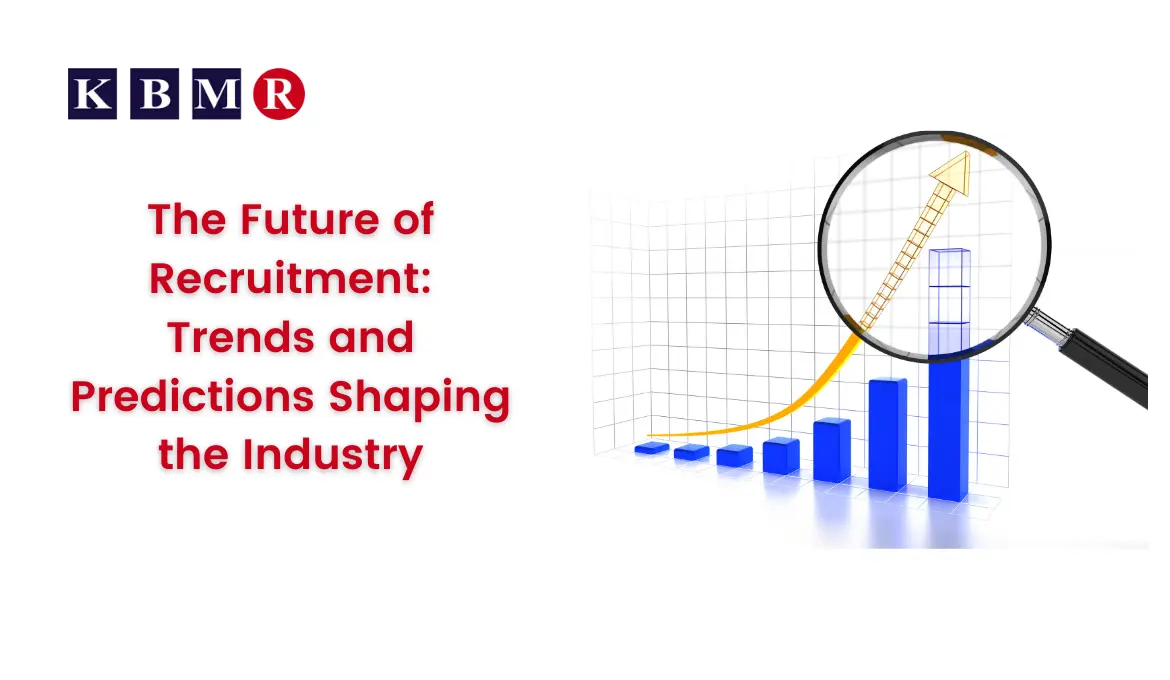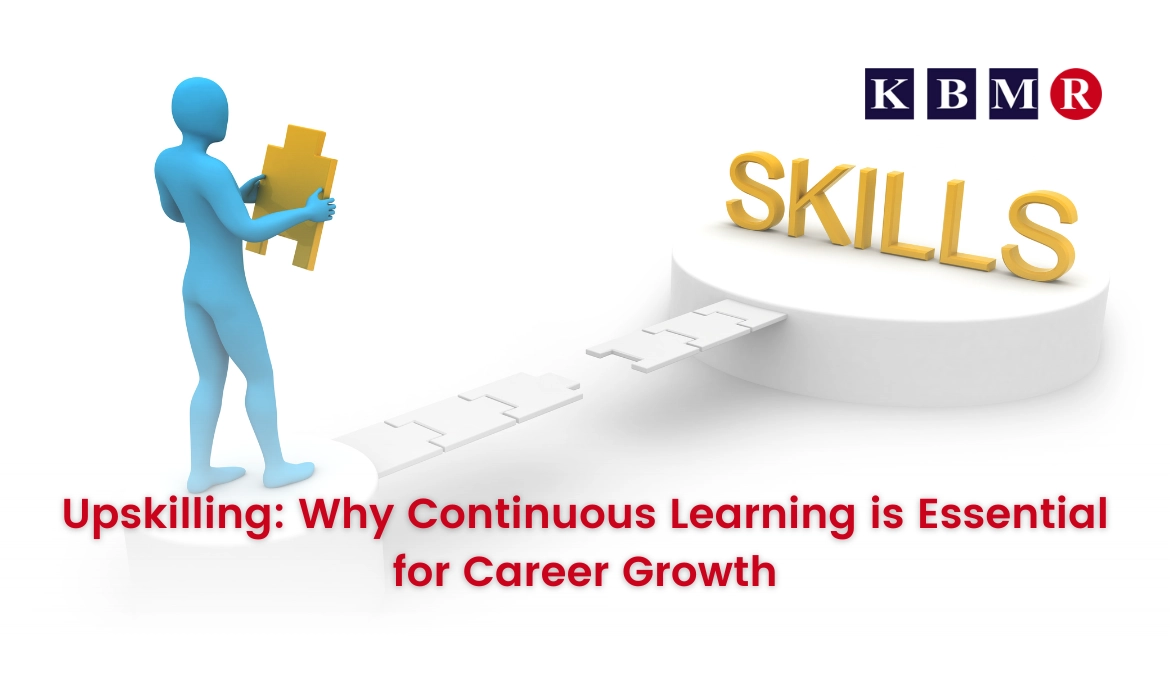In an era of rapid technological advancements and shifting workforce dynamics, the recruitment industry is at the precipice of transformative change. As we peer into the future, it becomes increasingly evident that the talent acquisition landscape will undergo profound shifts driven by emerging trends and predictions.
In this comprehensive exploration, we explore the multifaceted facets of the future of recruitment, from artificial intelligence (AI) integration and automation to the evolution of remote work practices and the imperative of diversity, equity, and inclusion (DEI) initiatives.
Artificial Intelligence (AI) and Automation
Integrating AI and automation technologies is poised to revolutionise traditional recruitment processes, ushering in unprecedented efficiency and precision. AI-powered tools will streamline repetitive tasks, such as resume screening and candidate sourcing, enabling recruiters to focus on high-value activities.
Predictive analytics algorithms will leverage vast datasets to identify patterns and trends, empowering recruiters to make data-driven decisions with confidence. Chatbots and virtual assistants will enhance candidate engagement, providing real-time support and guidance throughout recruitment.
Remote Work and Virtual Recruitment
Redefining Geographic Boundaries The widespread adoption of remote work practices will necessitate a fundamental shift in recruitment strategies as organisations seek to connect with talent regardless of geographic location.
Virtual recruitment practices will become standard procedures, including virtual interviews, remote onboarding, and digital collaboration tools. Augmented reality (AR) and virtual reality (VR) advancements are poised to revolutionise recruitment by offering immersive virtual experiences.
These innovations will empower candidates to engage with potential employers and explore company culture from a distance. Online job fairs and networking events will provide platforms for employers and candidates to connect in a virtual environment, expanding opportunities for talent acquisition on a global scale.
Data-Driven Recruitment Strategies
Leveraging Insights for Strategic Advantage Recruitment analytics will emerge as a cornerstone of strategic talent acquisition, empowering organisations to leverage data insights for informed decision-making. HR teams will harness recruitment analytics to identify recruitment trends, assess the effectiveness of sourcing channels, and forecast future hiring needs.
Talent analytics platforms will provide valuable insights into candidate behaviours, preferences, and motivations, enabling recruiters to effectively tailor their recruitment approaches to engage and retain top talent. Predictive modelling techniques will allow organisations to anticipate talent shortages, mitigate attrition rates, and address skill gaps proactively, positioning them for sustainable growth and success.
Candidate-Centric Approach
Elevating the Recruitment Experience The future of recruitment will be characterised by a relentless focus on enhancing the candidate experience, fostering engagement, and building meaningful connections. Recruitment marketing strategies will prioritise employer branding, storytelling, and authentic communication to attract and engage top talent.
Mobile optimisation will be crucial, as candidates increasingly prefer to search for jobs and apply on the go. Personalisation will play a pivotal role in recruitment processes as organisations strive to create tailored experiences that resonate with candidates individually.
Diversity, Equity, and Inclusion (DEI) Initiatives
Fostering Inclusive Workplaces Diversity, equity, and inclusion (DEI) will emerge as central pillars of recruitment strategies as organisations recognise the imperative of building diverse and inclusive workforces. AI-powered tools will be leveraged to mitigate unconscious bias in recruitment processes, ensuring fair and equitable treatment of all candidates.
Recruitment strategies will prioritise reaching underrepresented talent pools and fostering inclusive workplace cultures celebrating diversity of thought and experience. Organisations will emphasise transparency and accountability in their DEI efforts, creating environments where all employees feel valued, honoured, and empowered to thrive.
Gig Economy and Flexible Work Arrangements
Embracing Workforce Flexibility The gig economy will continue expanding as many workers seek flexible and freelance opportunities. Organisations will adapt their recruitment strategies to attract and retain gig workers, offering project-based assignments, remote work options, and flexible scheduling.
Talent platforms and gig economy marketplaces will emerge as essential channels for sourcing and managing contingent workers, providing employers and independent contractors with opportunities to connect and collaborate.
Wrap up
Navigating the Future of Recruitment As we navigate the complexities of the future of recruitment, one thing remains abundantly clear: adaptability and agility will be paramount.
By embracing emerging technologies, data-driven approaches, and a commitment to diversity, equity, and inclusion, organisations can position themselves for success in the dynamic and ever-evolving world of talent acquisition.
As the recruitment landscape evolves, those who embrace innovation, prioritise candidate experience, and foster inclusive workplace cultures will emerge as leaders in engaging and retaining top talent, driving growth, and achieving long-term success.





